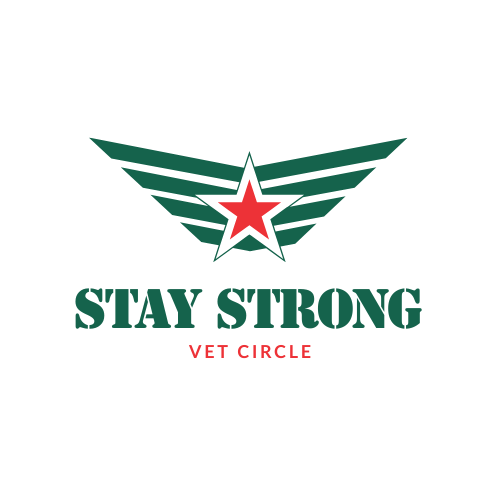Staying Strong: Healthy Habits for Veterans That Make a Big Difference
Transitioning from military service into civilian life can be both rewarding and challenging. The discipline, resilience, and teamwork you carried during your service don’t just disappear — they become powerful tools for building a healthier, stronger future. But many veterans face unique health struggles, whether it’s dealing with stress, maintaining physical fitness, or rebuilding daily structure.
The good news? Small, consistent habits can make all the difference. By focusing on the fundamentals of health — mind, body, and spirit — veterans can build a lifestyle that promotes strength, balance, and long-term well-being.
In this article, I’ll share practical, real-world habits that I’ve seen transform the lives of fellow veterans (and myself). These are simple steps you can start today, and over time, they can help you feel stronger, more focused, and more in control.
1. Start Your Day with Purpose
One of the hardest parts of civilian life is losing the clear structure of military schedules. Without a daily mission, it’s easy to slip into habits of oversleeping, procrastination, or drifting through the day.
Creating a morning routine — even a short one — can set the tone for success. This doesn’t have to be overly complex. Wake up at the same time each day, drink water first thing, and take a few minutes for light stretching, prayer, journaling, or simply gratitude.
This routine doesn’t just wake your body up; it reminds you that you’re in control. Think of it as your “personal mission briefing” for the day ahead.
2. Move Your Body, Even in Small Ways
Staying physically active is one of the most powerful ways to maintain health, both physically and mentally. Exercise doesn’t have to mean long hours in the gym — it can be as simple as a brisk walk, bodyweight exercises at home, or outdoor activities like hiking or cycling.
The key is consistency over intensity. If you can move your body for 20–30 minutes most days, you’ll notice big changes over time. Exercise improves sleep, reduces stress, and strengthens mental clarity — all areas veterans often struggle with after service.
Pro tip: If you miss the camaraderie of group PT, look for veteran fitness groups in your area or online. Training with others provides motivation and that familiar sense of accountability.
3. Prioritize Nutrition that Fuels You
It’s easy to overlook nutrition, especially with busy schedules or when stress eating becomes a habit. But the food we put into our bodies directly impacts energy levels, focus, and even mood.
Here are a few simple nutrition habits that make a big difference:
Eat protein with every meal (chicken, fish, eggs, beans) to stay full and maintain muscle.
Add more colorful vegetables and fruits — they provide the vitamins your body needs to recover and stay energized.
Limit processed foods and sugar, which cause energy crashes and mood swings.
You don’t have to follow a strict diet. Just ask yourself: “Is this food fueling me or draining me?”
4. Protect Your Mental Health
Military service shapes us in powerful ways, but it also leaves invisible wounds. Stress, anxiety, and feelings of isolation are real challenges veterans face. Healthy habits aren’t just about the body — they’re also about the mind.
Consider incorporating practices such as:
Deep breathing or meditation to calm racing thoughts.
Talking to someone you trust — a friend, fellow veteran, or therapist.
Writing in a journal to release what you can’t say out loud.
There’s strength in recognizing when you need support. Taking care of your mental health isn’t weakness — it’s leadership over your own life.
5. Build a Support Circle
During service, we relied on our unit. Afterward, that built-in support system can feel like it’s gone. But the truth is, veterans thrive when they stay connected.
Surround yourself with people who encourage your growth. This might be other veterans, a local community group, a gym buddy, or even online forums where veterans share their stories.
You don’t have to walk this road alone — and you’ll be surprised how many people are waiting to walk beside you.
6. Keep Learning and Growing
The mission may have changed, but your capacity for growth hasn’t. Whether it’s picking up a new skill, pursuing education, or even starting a business, personal growth keeps the mind sharp and the spirit motivated.
Think of it as your next mission: to invest in yourself.
Closing Thoughts
Veterans have already proven their strength in ways most people will never understand. Now the mission is about living a life of purpose, health, and fulfillment. By building small, sustainable habits — from morning routines to fitness, nutrition, mental health, and community — you create a lifestyle that supports not only survival but thriving.
If you’re reading this, remember: you are not alone in this journey. Many of us are walking the same path, learning to build strong lives after service.
🤝 We’re stronger together. If this post spoke to you, I’d love to hear your thoughts in the comments below. And if you’d like to support our mission of building a stronger veteran community, consider a small donation — every bit helps us reach more people.

